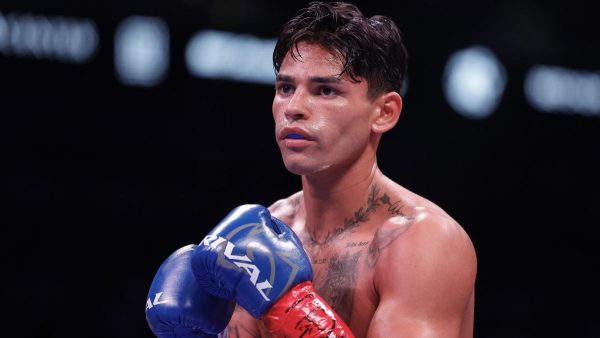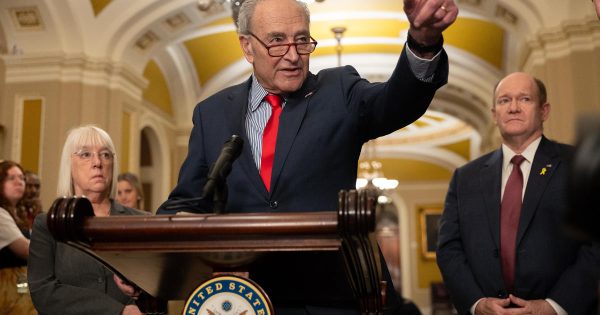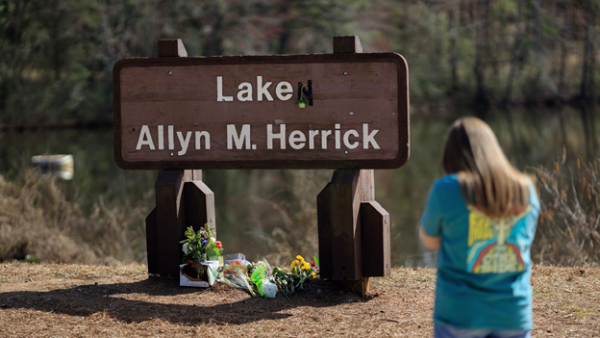George H.W. Bush Life and Presidency
On November 30th, 2018, the former 41st President of the United States George H.W. Bush passed away. He left behind a lively legacy with one of the most important presidencies in recent memory, as well as being a war hero from the second world war.
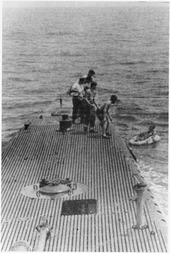
Six months after the United States declared war on Japan George Bush enlisted in the navy. On his 18th birthday, he graduated the Naval Academy and became a naval aviator. After completing his training shortly after turning 19, he became one of the youngest aviators in the navy. On September 2nd, 1944, he was shot down over the Pacific ocean and floated in a raft for four hours waiting to be rescued. The Japanese captured other pilots who had been shot down in that attack, they were tortured and had parts of their bodies eaten. After spending a month on the submarine that rescued him, he was returned to his Aircraft Carrier, the USS San Jacinto, and proceed to fly combat missions for the remainder of the war.
In 1980 after a shining political career, Bush decided he wanted to run for President. His chief opponent of the race was Ronald Reagan, who Bush could not beat in the numbers needed for the nomination. Shortly after dropping out of the presidential race, Reagan offered Bush the seat of Vice President, which he accepted.
While serving as Vice President Bush kept a relatively low profile, holding to traditional norms and constitutional boundaries.
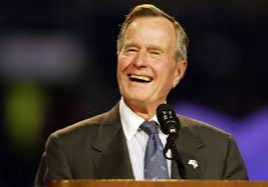
However, when Reagan got shot on March 30th, 1981 Bush was activated as the acting President. Reagan recovered in two weeks and was pleased by Bushed diligence and polite gestures such as not landing in a helicopter on the South Lawn of the White House. The two men became good friends and had regular lunches in the Oval Office every Thursday.
1988 was the year that Bush decided to try his hand at the Presidency one more time. He was quickly seen as a frontrunner for the Republican party and won the nomination soon after. Bush’s opponent from the Democratic party was Michael Dukakis, whom he defeated with 53.4% of the popular vote and 426 electoral votes. After taking the oath of office on January 20th, 1989, Bush was the official successor to his former president, Ronald Reagan.
Bush’s presidency was eventful, to say the least, with events such as Operation Desert Storm and other operations in the middle east putting a lot of stress on His shoulders. With the Cold War coming to an end he helped to reunify Germany as well as improve US-Soviet relations. The Bush Presidency was one full of foreign policy, and it was a Presidency that will not be soon forgotten. This war hero and geopolitical stabilizer will not soon be forgotten, and may he rest in peace.

Zach is a new journalist for the Catalyst. He is an avid outdoorsman, and enjoys trying to help conserve the environment.
